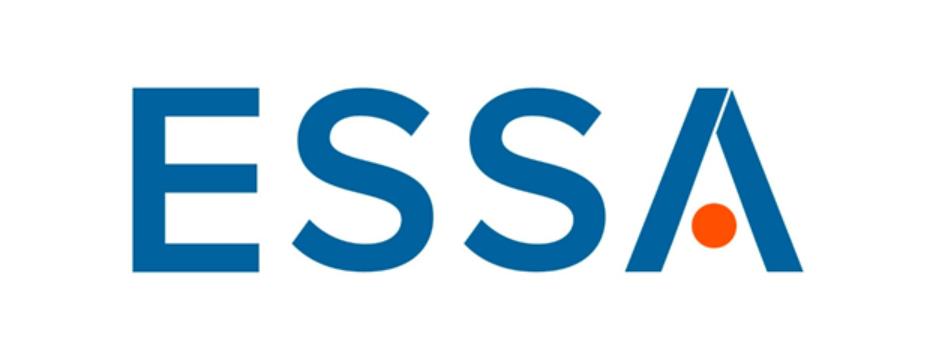Orphan Designation and Exclusivity
ESSA may, in the future, seek orphan drug designation for its product candidates. Under the Orphan Drug Act, the FDA may designate a drug product as an “orphan drug” if it is intended to treat a rare disease or condition (generally meaning that it affects fewer than 200,000 individuals in the United States, or more in cases in which there is no reasonable expectation that the cost of developing and making a drug product available in the United States for treatment of the disease or condition will be recovered from sales of the product). A company must request orphan product designation before submitting an NDA. If the request is granted, the FDA will disclose the identity of the therapeutic agent and its potential use. Orphan product designation does not convey any advantage in or shorten the duration of the regulatory review and approval process.
If a product with orphan status receives the first FDA approval for the disease or condition for which it has such designation, the product generally will receive orphan product exclusivity. Orphan product exclusivity means that the FDA may not approve any other applications for the same product for the same indication for seven years, except in certain limited circumstances. Competitors may receive approval of different products for the indication for which the orphan product has exclusivity and may obtain approval for the same product but for a different indication. If a drug or drug product designated as an orphan product ultimately receives marketing approval for an indication broader than what was designated in its orphan product application, it may not be entitled to exclusivity.
Developments
Recent Developments
On January 8, 2021, the Company issued 9,000 common shares for stock options exercised for gross proceeds of C$44,100.
On January 11, 2021, the Company issued 46,655 common shares for stock options exercised for gross proceeds of C$228,610 and 21,345 common shares for stock options exercised for gross proceeds of $72,262.
On January 13, 2021, the Company issued 34,716 common shares for stock options exercised for gross proceeds of $126,124.
On January 13, 2021, the Company announced a clinical collaboration with Janssen to evaluate EPI-7386 combination for patients with metastatic castration-resistant prostate cancer. Under the terms of the agreement, Janssen may sponsor and conduct up to two Phase 1/2 studies evaluating the safety, tolerability and preliminary efficacy of the combination of EPI-7386 and apalutamide as well as the combination of EPI-7386 with abiraterone acetate plus prednisone in patients with mCRPC who have failed a current second-generation antiandrogen therapy. Janssen will assume all costs associated with the studies, other than the manufacturing costs associated with the clinical drug supply of EPI-7386. The parties will form a joint oversight committee for the clinical studies, which are planned to start in 2021. ESSA will retain all rights to
EPI-7386.
On January 20, 2021, the Company issued 15,000 common shares for stock options exercised for gross proceeds of C$73,500 and 15,000 common shares for stock options exercised for gross proceeds of $48,450.
On February 5, 2021, the Company issued 2,965 Common Shares upon the cashless exercise of 3,825 broker warrants.
On February 9, 2021, the Company issued 30,000 common shares for stock options exercised for gross proceeds of C$147,000.
On February 11, 2021, the Company presented preclinical and clinical pharmacology data from ESSA’s Phase 1 clinical trial of EPI-7386 for the treatment of patients with metastatic castration-resistant prostate cancer (“mCRPC”) at the 2021 American Society of Clinical Oncology Genitourinary (“ASCO GU”) Cancers Symposium in an oral poster presentation titled, “Preclinical and clinical pharmacology of EPI-7386, an androgen receptor N-terminal domain inhibitor for castration-resistant prostate cancer,”. The poster is available on the Company website.
